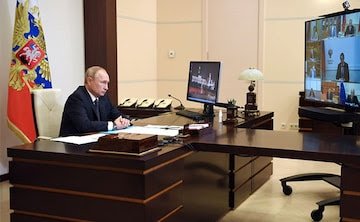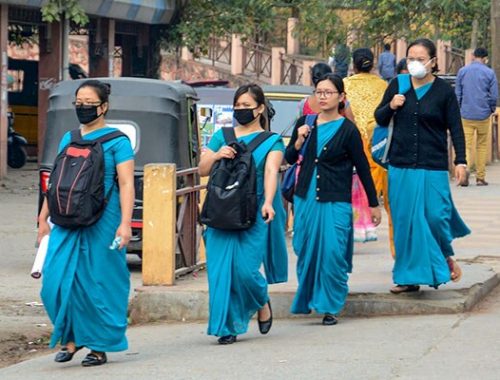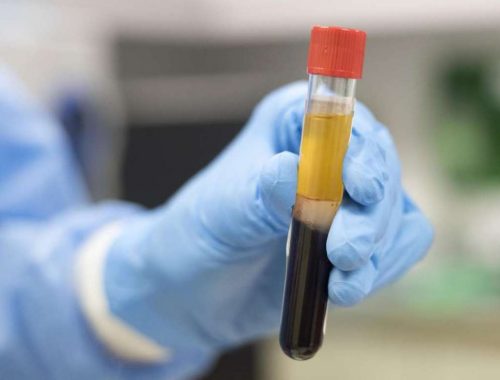Russian vaccine works effectively enough: President Putin
A Russian health care regulator has become the first in the world to approve a vaccine for the coronavirus, President Vladimir V. Putin announced on Tuesday, though the vaccine has yet to complete clinical trials.
The Russian dash for a vaccine has already raised international concerns that Moscow is cutting corners on testing to score political and propaganda points.
Mr. Putin’s announcement came despite a caution last week from the World Health Organization that Russia should not stray from the usual methods of testing a vaccine for safety and effectiveness.
Mr. Putin’s announcement became essentially a claim of victory in the global race for a vaccine, something Russian officials have been telegraphing for several weeks now despite the absence of published information about any late-phase testing.
“It works effectively enough, forms a stable immunity and, I repeat, it has gone through all necessary tests,” Mr. Putin told a cabinet meeting Tuesday morning. He thanked the scientists who developed the vaccine for “this first, very important step for our country, and generally for the whole world.”
Mr. Putin also said that one of his daughters had taken the vaccine.
The Russian vaccine, along with many others under development in a number of countries in the effort to alleviate a worldwide health crisis that has killed at least 734,900 people, sped through early monkey and human trials with apparent success.
But the Russian scientific body that developed the vaccine, the Gamaleya Institute, has yet to conduct Phase III tests on tens of thousands of volunteers in highly controlled trials, a process seen as the only method of ensuring a vaccine is actually safe and effective. Around the world, more than 30 vaccines out of a total of more than 165 under development are now in various stages of human trials.
Vaccines generally go through three stages of human testing before being approved for widespread use. The first two phases test the vaccine on relatively small groups of people to see if it causes harm and if it stimulates the immune system. The last phase, known as Phase III, compares the vaccine to a placebo in thousands of people. This final phase is the only way to know with statistical certainty whether a vaccine prevents an infection. And because it’s testing a much larger group of people, a Phase III trial can also pick up more subtle side effects of a vaccine that earlier trials could not.
The Food and Drug Administration in the United States has said that a new coronavirus vaccine would need to be 50 percent more effective than a placebo in order to be approved.
Russia’s minister of health, Mikhail Murashko, has said the country will begin a mass vaccination campaign in the fall, and said on Tuesday that it would start with teachers and medical workers this month.
The World Health Organization maintains a comprehensive list of worldwide vaccine trials. In the latest version of the list, there is no Russian Phase III trial.
Western regulators have said repeatedly that they do not expect a vaccine to become widely available before the end of the year at the earliest. Regulatory approval in Russia, well ahead of that timeline, could become a symbol of national pride and provide a lift for Mr. Putin, whose popularity ratings have fallen steadily under the weight of the pandemic and a faltering economy.




